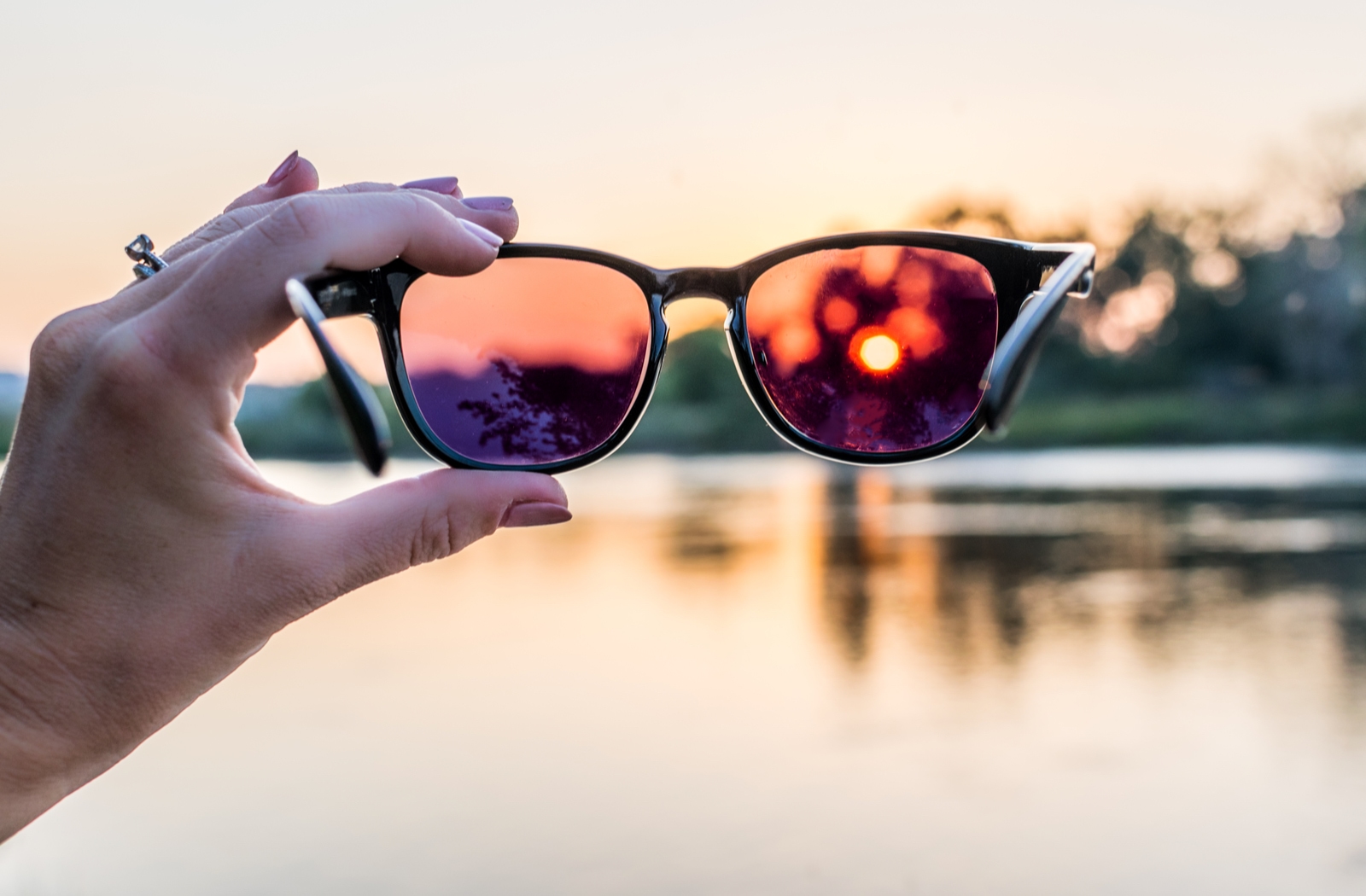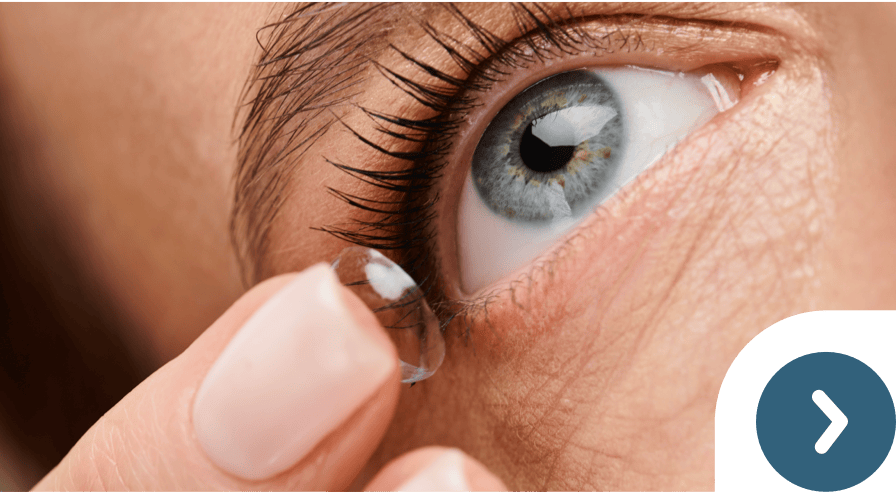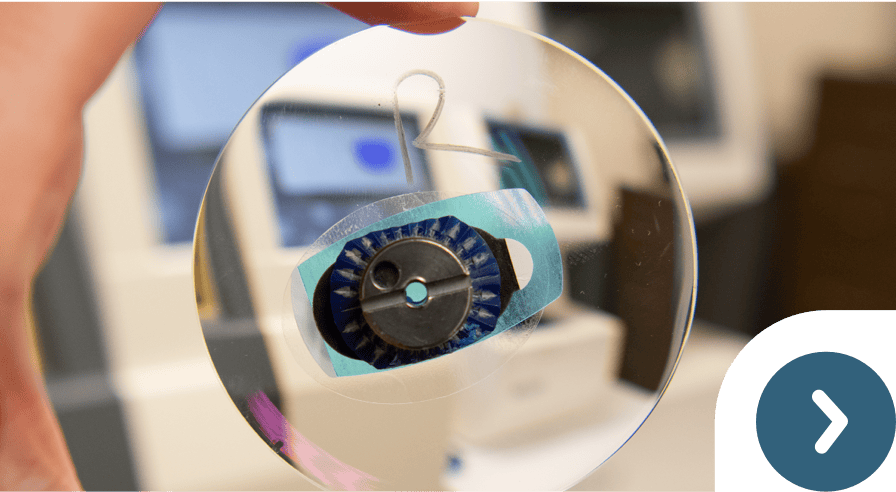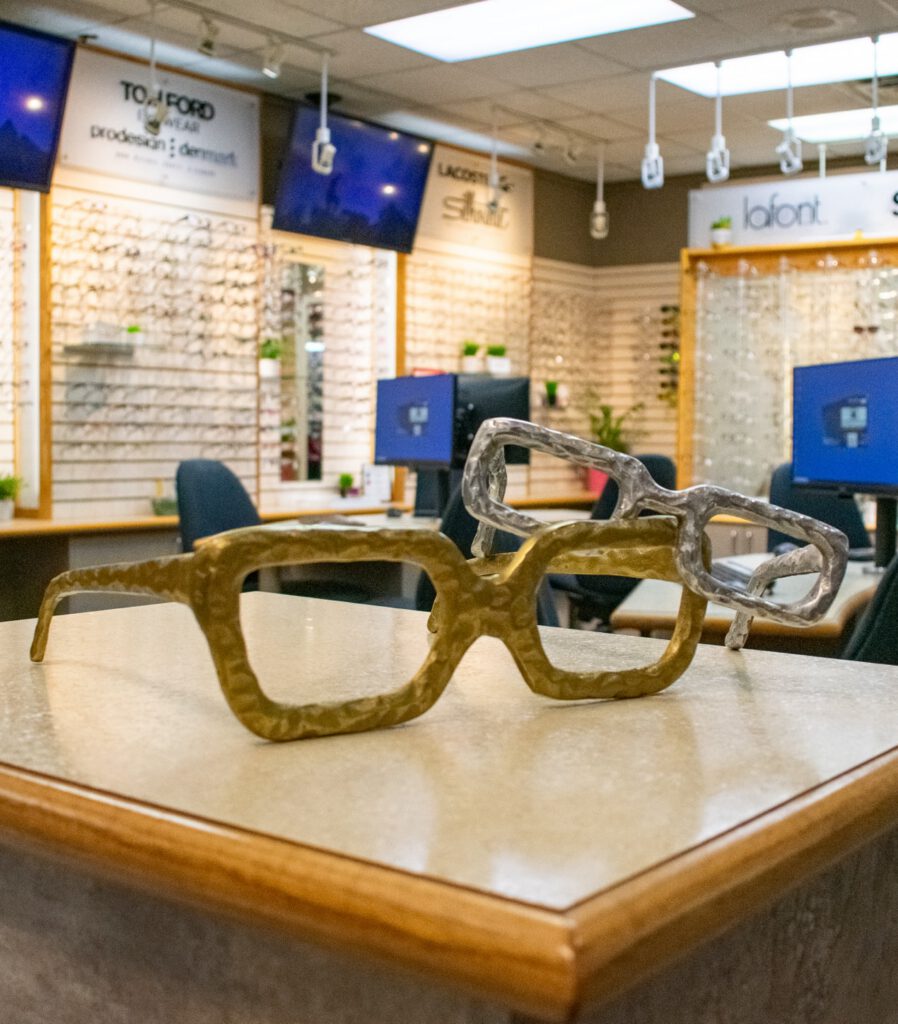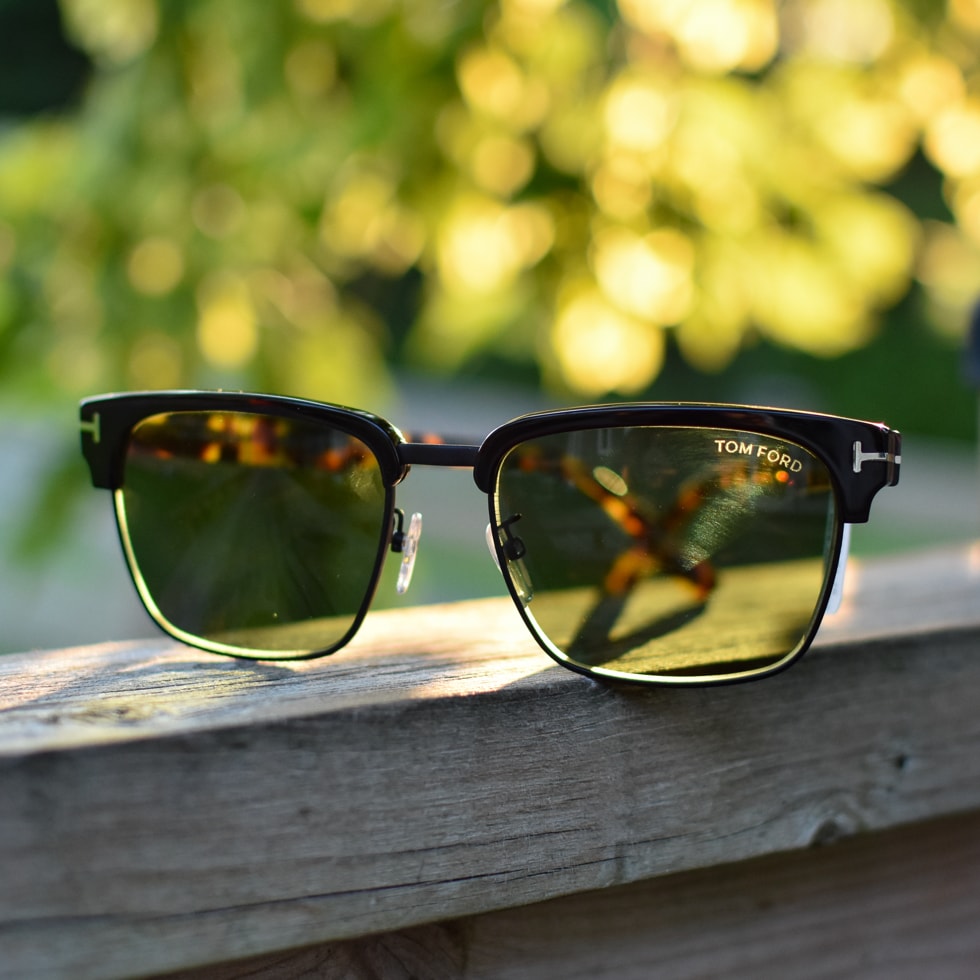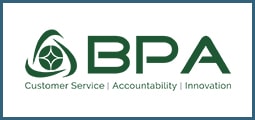Polarized sunglasses are a popular choice for anyone who loves the outdoors. These special lenses reduce glare while keeping your vision clear.
These sunglasses are usually on the more expensive side, especially if you get prescription lenses. Taking proper care of your polarized lenses will help keep them working properly for years to come.
What are Polarized Lenses?
Polarized lenses are specially designed to prevent light glare from entering your eye. A thin coating covers the lens, helping to soften bright light that bounces off of highly reflective surfaces, such as snow, water, and metal.
We are able to see because our eyes work to turn light into signals that get decoded into images for our brains. When light bounces off an object with an uneven surface, it scatters. When light bounces off flat, highly reflective surfaces, it doesn’t scatter and appears much brighter to the viewer.
The coating on polarized lenses is made with a special chemical that blocks some of the light that passes through to our eyes. This helps us clearly see bright surfaces and areas without hurting our eyes. The coating acts as a vertical filter that blocks horizontal light and reduces glare.
How To Clean Polarized Lenses
Properly cleaning your polarized lenses helps them last longer and keeps your field of vision clear.
1. Follow the manufacturer’s instructions.
If you have the manufacturer’s instructions available to you, we highly recommend following those directions as they are designed for your specific glasses. Every product is slightly different, so specific care instructions are ideal for cleaning your sunglasses.
You can check the brand’s website as well, they may have the cleaning instructions available to use. However, the following instructions are safe for nearly every pair of polarized sunglasses.
2. Use a Microfiber Cloth
Microfiber cloths are the best and safest way to clean your polarized sunglasses. In fact, microfiber cloths are the better option for cleaning just about anything.
Microfiber can be washed a thousand times before starting to wear, meaning it lasts much longer than other materials. It also uses 95% less water and chemicals than other cloths or mops. You can usually get microfiber cloths at an eyewear store.
If you can’t get a microfiber cloth, you can use a soft, clean cotton cloth. However, cotton cloths are not as widely recommended by manufacturers.
The most important thing is to make sure whatever cloth you use is clean. Used cloths can carry small dirt and dust particles that can scratch the lenses.
Helpful Tip: Don’t use fabric softener when washing microfiber as it can ruin the material.
3. Start with Water
Start by rinsing your lenses under clean, warm water to remove any surface debris. Ensure there’s nothing on the lenses that could cause a scratch, like sand or salt residue.
Wipe the lenses while they’re still wet using your cloth. Use light pressure to remove stubborn smudges.
Helpful Tip: If you’re in a bind, fogging your lenses with your breath and giving them a quick wipe can remove smudges.
3. Apply Lens Cleaner
Apply a light layer of lens cleaner to the front and back of your lenses. Use an actual lens cleaner as products like soap and window cleaner can actually damage the coating on your lenses. Wipe the cleaner off with the same cloth you used before.
If you can’t get a lens cleaner, it’s best to stick with just water.
Helping Your Polarized Lenses Last
Apart from cleaning your lenses, there are a few helpful tricks you can use to make your polarized sunglasses last as long as possible. Good polarized sunglasses aren’t cheap, so use these tips to keep them maintained:
- Keep your sunglasses in a protective case
- Don’t expose your sunglasses to extreme temperatures
- Avoid “dry rubbing” your lenses
- Get professional repairs
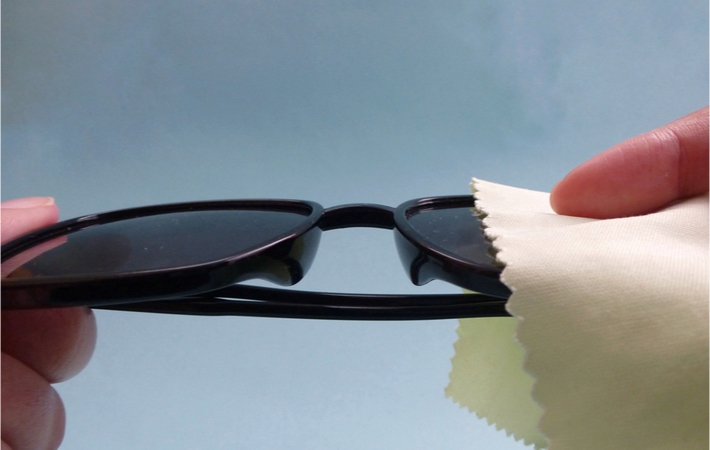
Are Polarized Lenses Right for Me?
If you spend a lot of time outdoors for work or leisure—or both—polarized lenses could be a great option for you.
There are many different options available for polarized lenses. This makes it easy to get a pair that fits your style and is comfortable to wear. Polarized lenses also protect your eyes from harsh glare, which is especially helpful on sunny ski days.
That being said, polarized lenses aren’t necessarily right for everyone.
| Polarized lenses are good for… | Polarized lenses are NOT good for… |
| Maintaining clear vision in bright light Reducing glares/reflections Maintaining true colour Providing contrast Limiting eye strain | Maintaining clear vision in low light Managing light sensitivity Viewing LCD screens Driving at night Flying |
Alternatives to Polarized Lenses
Polarized lenses are not the only option for outdoor eyewear. If you’re looking for an alternative to polarized lenses, you might want to consider:
- Using an anti-reflective coating on your glasses
- Trying mirrored sunglasses to reduce glare
- Testing out Transitions® lenses for sunglasses
- Getting UV protective lenses
UV lenses protect your eyes from harmful UV rays, but these lenses don’t block glare as well as other options. However, many brands offer polarized lenses with UV protection. You may want to discuss options with your optometrist to determine the right fit for your lifestyle.
Next Steps
If you need help deciding which kind of sunglasses, eyeglasses, or contacts are right for you, please contact one of the London optometrists on our team. We’ll be happy to help you.

